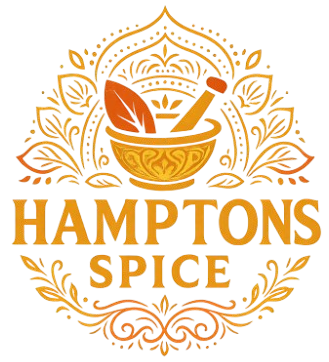Red chili is one of the most traded spices in the world, valued for its heat, color, and distinctive flavor. However, what makes red chili truly export-ready is not just its variety or pungency, but how well it is cleaned and processed before shipment.
In international trade, buyers demand not only premium quality but also hygienic, contaminant-free products. Here’s a detailed look at how red chilies are cleaned and prepared in a modern spice factory before they are packed for export.
1. Raw Material Inspection
The process begins with the arrival of dried red chili directly from the farms. This raw material undergoes an initial quality check:
- Moisture levels are tested (ideally below 12%)
- Foreign matter like stems, twigs, or dust is assessed
- Chilies are checked for discoloration, mold, or pest damage
Only batches that meet basic quality criteria move forward for cleaning and processing.
2. Pre-Cleaning (Dust & Impurity Removal)
Red chilies are first sent through pre-cleaning machines that remove:
- Dust
- Loose particles
- Stones
- Metal shards (with magnetic separators)
This step uses vibro sieving, air suction, and gravity separation to remove physical impurities and ensure a uniform batch.
3. Stem Cutting (Optional)
Depending on the buyer’s requirement, stem removal may be done using specialized stem-cutting machines. This is particularly important for powder manufacturers and packaged spice brands that require stemless whole chilies.
4. Gravity Separation and Final Grading
Next, the chilies are passed through gravity separators and grading machines that classify them based on:
- Size
- Weight
- Color consistency
- Moisture retention
This ensures uniformity in the final product, especially important for bulk buyers, seasoning brands, or chili powder processors.
5. Color Sorting
High-end factories use optical color sorting machines that detect and remove:
- Discolored pods
- Burnt, blackened, or immature chilies
This enhances the visual appeal of the final product, especially for Byadgi, Kashmiri, or Guntur chilies where color plays a major role in pricing.
6. Sterilization (Optional for Premium Export)
Some export clients request steam sterilization or ETO treatment to reduce microbial load. This ensures food safety compliance with import regulations in the USA, EU, and Middle East.
7. Packing and Quality Control
After cleaning and grading, the red chilies are packed into:
- HDPE or PP woven bags (25–50 kg) for bulk
- Vacuum-sealed or nitrogen-flushed pouches for retail
- Custom-labeled bags for private label clients
Before sealing, a final quality inspection is carried out which includes:
- Random sampling
- Lab tests (aflatoxin, pesticide residue)
- Visual checks
8. Documentation and Export Readiness
Finally, export documentation is prepared, including:
- Certificate of Origin
- Phytosanitary certificate
- Quality lab reports
- Commercial invoice & packing list
The consignment is now ready for shipment via sea or air, depending on the buyer’s urgency and location.
Why It Matters
Cleanliness and consistency are key to international spice trading. A properly cleaned and graded red chili batch:
- Increases shelf life
- Reduces contamination risk
- Complies with global food safety standards
- Enhances customer satisfaction
At Hamptons Spice, our red chili cleaning and packing facilities follow strict hygiene protocols and modern processing standards. Whether you need Guntur, Byadgi, or Kashmiri chili, we ensure every batch is ready for global kitchens.
Contact us today for factory videos, lab reports, or a free export sample.


